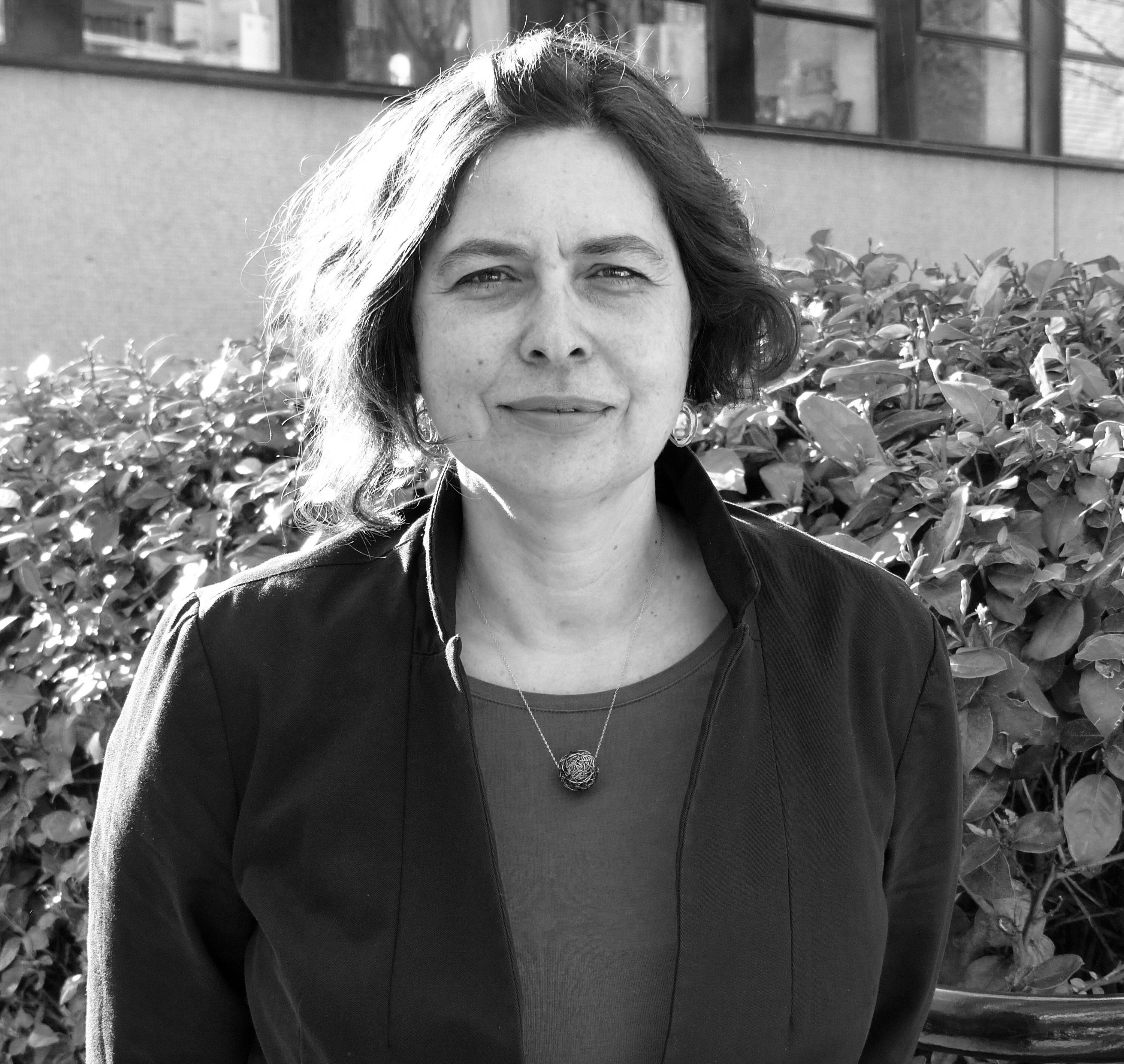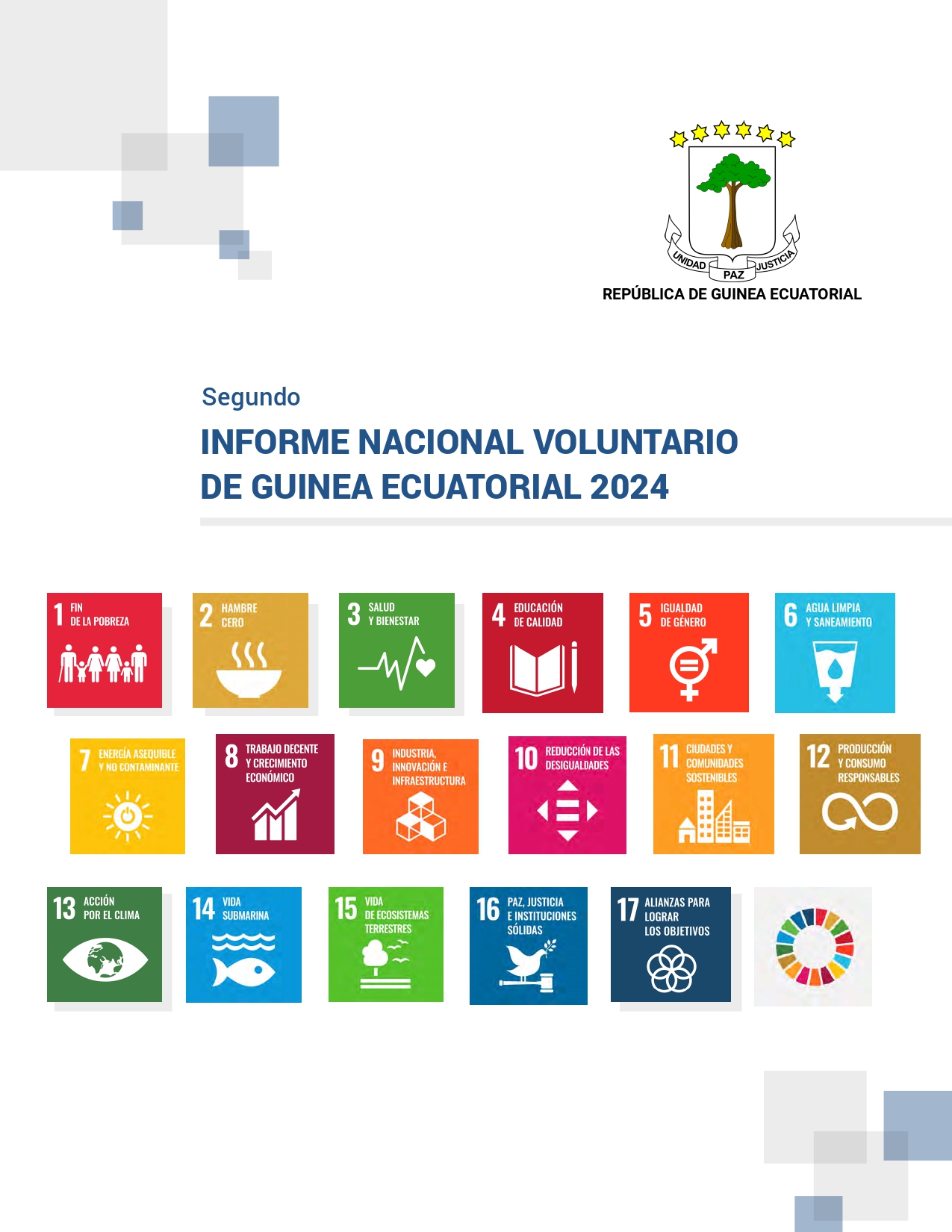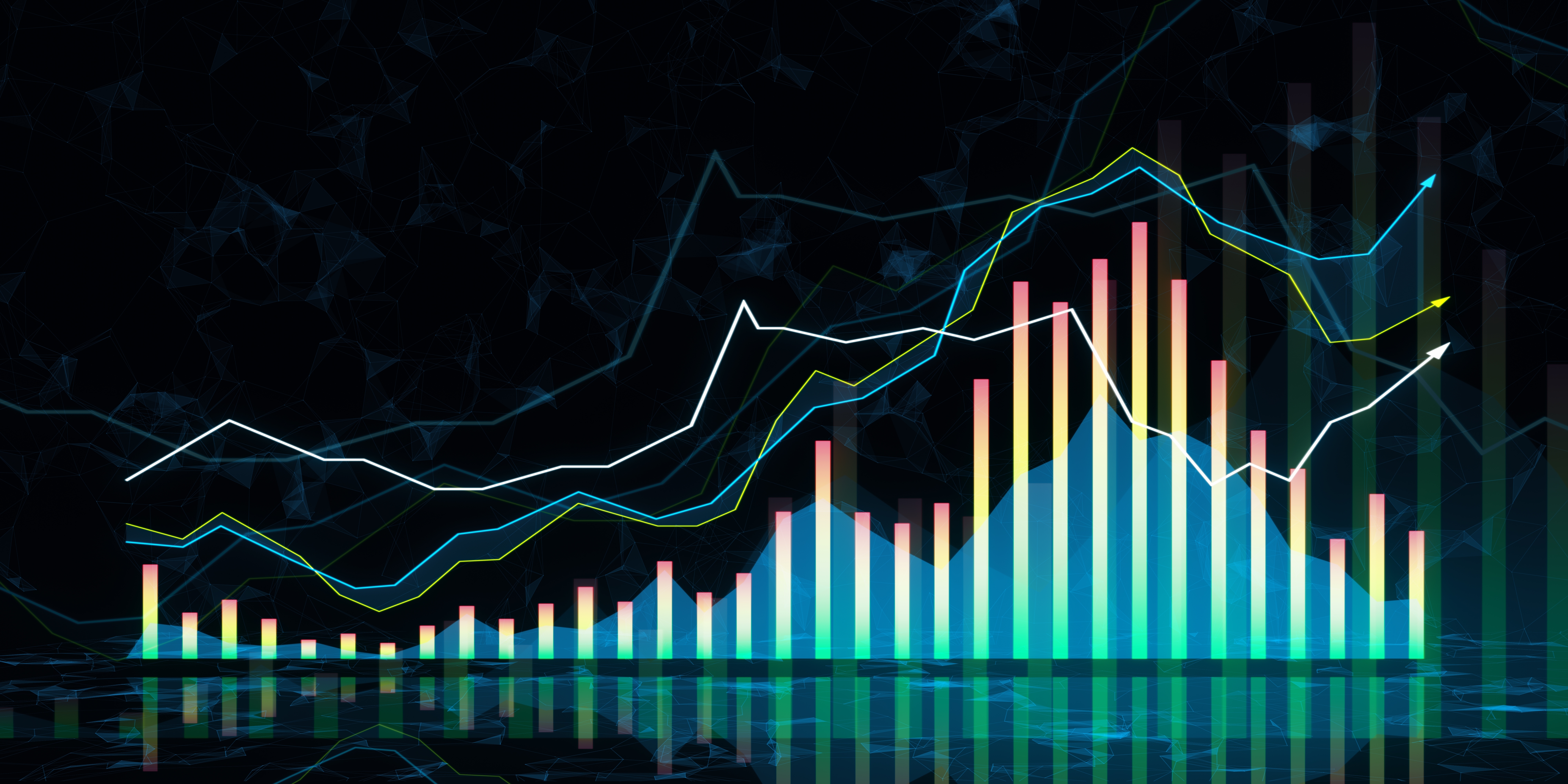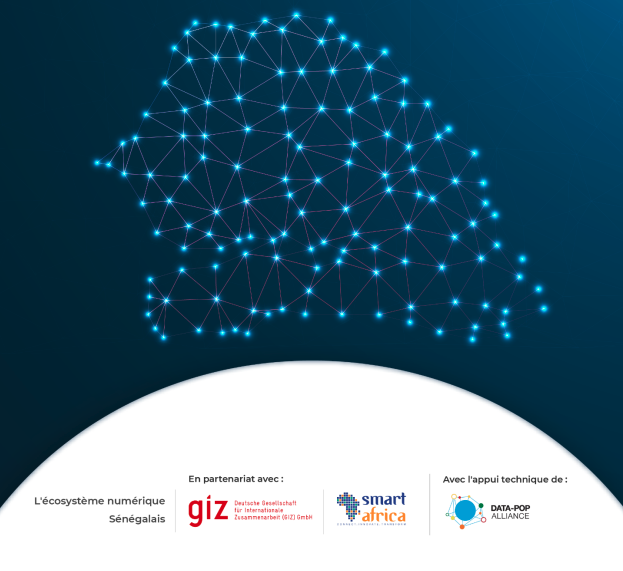Data–Pop Alliance has been conducting ongoing research on Big Data, climate change and environmental resilience. With funding from the UK’s Department for International Development (DfID), we published a synthesis report evaluating the opportunities, challenges and required steps for leveraging the new ecosystem of Big Data and its potential applications and implications for climate change and disaster resilience. The report fed into the World Humanitarian Summit to be organized in Istanbul in May 2016.
This is the fourth podcast in a series of companion pieces that offer insights from the synthesis report.
This companion podcast to the synthesis report “Big Data for Climate Change and Disaster Resilience: Realising the Benefits for Developing Countries,” was funded by UK’s Department for International Development (DfID) was designed to probe experts to speak more about their work and their ideas about the potential and challenges of Big Data.
Titled “Silke Roth on Crowdsourcing, Digital Inequalities, and Combining Cultural Knowledge with Big Data” this podcast features Silke Roth. Silke reveals how she came to be involved in the field of Big Data for climate resilience, especially through her interest in digital inequality and the role it plays in crowdsourced disaster resilience. She notes case studies to highlight the importance of recognizing the limitations of crowdsourcing for disaster resilience, and how it might produce “invisible” populations.

Silke Roth (@SilkeRoth)
- Silke Roth is Associate Professor of Sociology at the University of Southampton (UK). She is interested in engagement for social justice and overcoming multiple forms of social inequality. Her areas of research include the participation in and the impact of voluntary organizations, social movements and non-governmental organizations. She is the author of ‘Paradoxes of Aidwork. Passionate Professionals’ (Routledge, 2015). Together with Markus Luczak-Roesch, she is studying digital inequality.
For more on our series:
Read the summary of the DfID videos and podcasts
Listen to the full playlsit of podcasts



